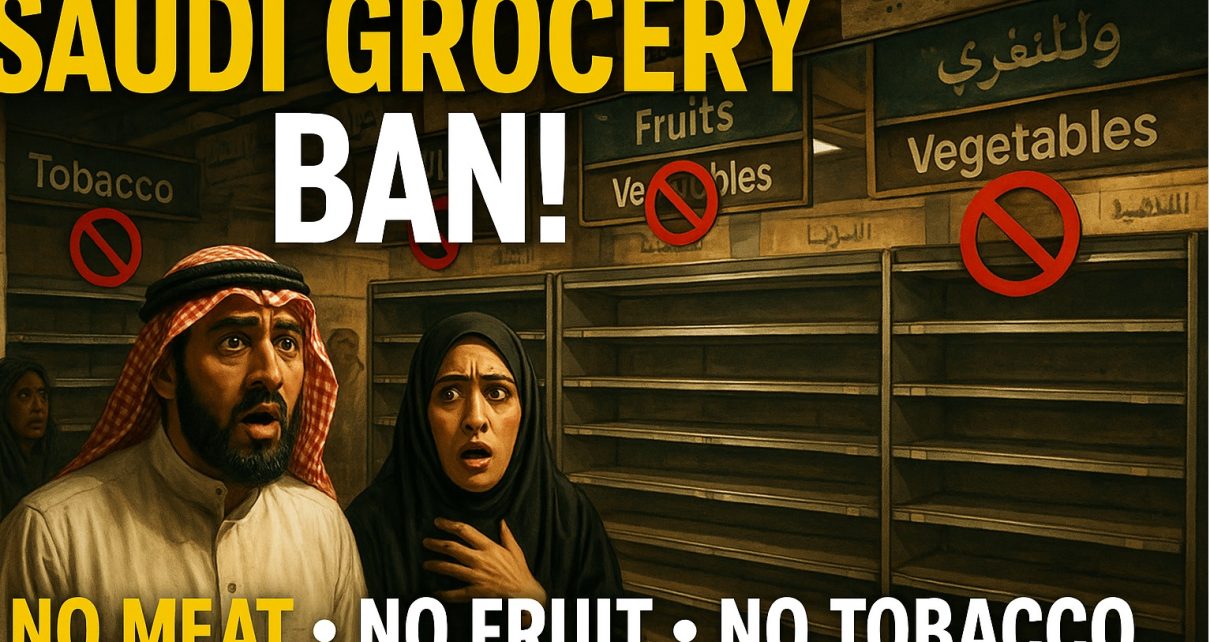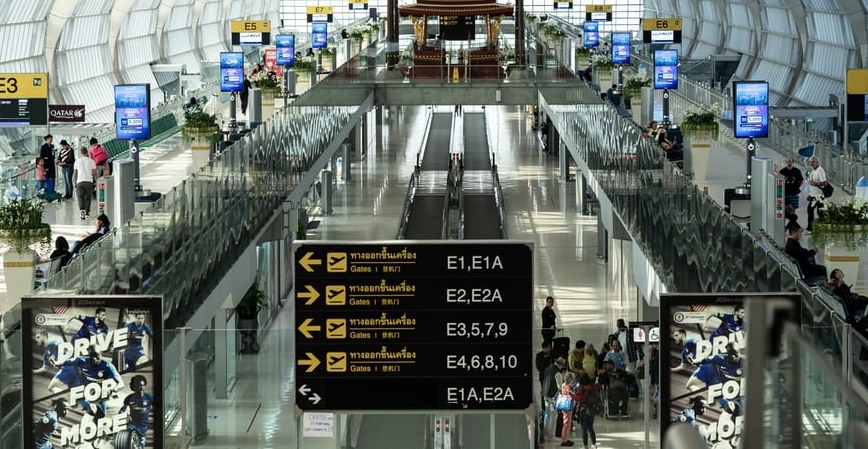Saudi Arabia Introduces New Regulations for Small Grocery Stores
Saudi Arabia has announced New Regulations for Small Grocery Stores to its retail sector, introducing new rules that will affect small grocery stores, commonly known as “baqalas.” These regulations, issued by Majed Al Hogail, the Minister of Municipalities and Housing, aim to reorganize the retail market by restricting what products these small shops can sell.
Table of Contents
What Products Are Banned?
Under the new rules, baqalas will no longer be allowed to sell:
-
Tobacco products, including regular cigarettes, electronic cigarettes, and shisha
-
Fresh fruits and vegetables
-
Dates
-
Meat (unless the store obtains a special license)
These items will now only be available in larger retail stores, such as supermarkets and hypermarkets. The goal is to ensure better quality control and organization in the retail sector.
Grace Period for Compliance
While the regulations have taken immediate effect, existing grocery stores have been given a six-month grace period to adjust to the new rules. This means they can continue selling these products for now but must stop after the grace period ends.
What Can Baqalas Still Sell?
Despite the restrictions, small grocery stores will still be allowed to sell many everyday items, including:
-
Snacks and packaged foods
-
Beverages
-
Basic household goods
-
Charger cables and electronic accessories
-
Prepaid mobile recharge cards
This ensures that baqalas remain useful for quick, convenient purchases while complying with the new regulations.
New Size Requirements for Stores
The rules also introduce minimum size requirements for different types of retail stores:
-
Grocery stores (baqalas): Must be at least 24 square meters
-
Supermarkets: Must be at least 100 square meters
-
Hypermarkets must be at least 500 square meters
These size rules are meant to standardize retail spaces and improve shopping experiences for customers.
Why Are These Changes Happening?
The Saudi government is working to modernize and regulate the retail sector. By restricting certain products to larger stores, authorities aim to:
-
Improve quality control—Larger stores can better monitor the freshness and safety of products like meat and vegetables.
-
Encourage organized retail growth—supermarkets and hypermarkets can offer a wider selection and better shopping experiences.
-
Reduce unlicensed sales—stricter rules on tobacco and other products may help prevent illegal sales.
What Does This Mean for Small Shop Owners?
For baqala owners, these changes mean they will need to
-
Stop selling banned products within six months
-
Adjust their inventory to focus on permitted items
-
Ensure their store meets the minimum size requirement
While this may be challenging for some small businesses, the grace period gives them time to adapt.
What Does This Mean for Consumers?
Customers will still be able to buy everyday items at baqalas, but they will need to visit larger stores for fresh produce, meat, and tobacco products. This could mean slightly less convenience for some shoppers, but it may also lead to better quality and more variety in the long run.



